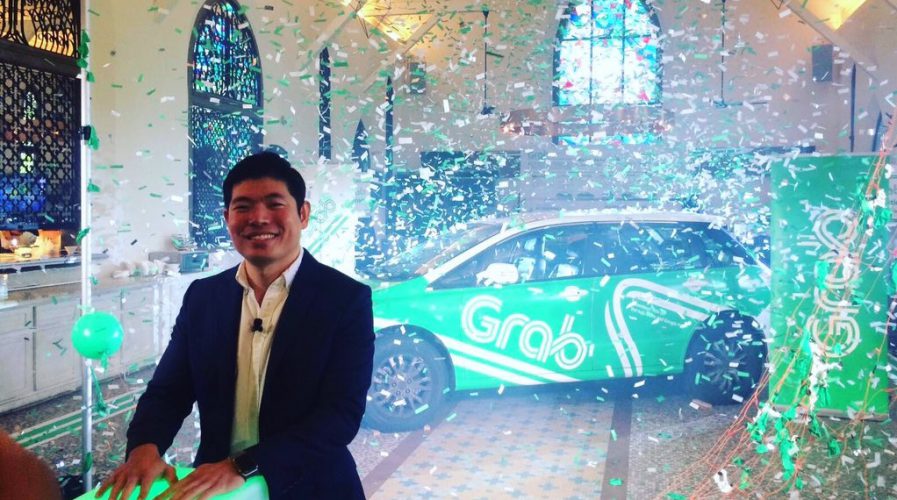
Singapore-based Grab was launched in 2012 and currently operates in 65 cities across seven countries.
Grab could receive $1.5b investment from Alibaba and SoftBank
TWO of Asia Pacific’s tech mammoths China’s Alibaba and Japan’s SoftBank are said to be considering teaming up with each other to invest US$1.5 billion into Grab, the region’s most popular ride-sharing service.
SoftBank previously invested in Grab in several earlier rounds and was the lead investor in two of those rounds. The company, formerly known as GrabTaxi, has also received funding from 500 Startups, Tokyo Century, and Vertex Ventures in previous rounds.
Being backed by Alibaba would allow Grab to shore up its resources to compete with Uber in Southeast Asia. Sources close to the matter told Bloomberg Technology Didi Chuxing is also thinking about participating in the round.
SEE ALSO: Grab launches GrabHeli trial run to counter Jakarta gridlock
Alibaba could also use the investment to bring its own services closer to the Southeast Asian market. Grab has a partnership with Alibaba’s payments affiliate Ant Financial, in which riders can use its mobile payments service Alipay through the ride-sharing app – an investment would likely cement its position in the app further.
For Grab, this could set a financing record for the region as it speeds past its milestone of US$750 million that was set in September.
The fact SoftBank is leading this funding round is also a blow to Uber, who was snubbed by the Japanese tech giant in May when SoftBank invested US$100 million into a Brazilian ride-hailing startup and Uber rival, 99.
Alibaba co-founder Jack Ma may team up with SoftBank’s Masayoshi Son in a $1.5 billion investment in startup Grab
— DA MARKET SECURITIES (@itradeph) June 15, 2017
As Uber struggles with a never-ending string of PR disasters, investors are also showing signs of edginess. In late April, share prices of Uber’s private stock dipped about 15 percent, valuing the company at about US$50 billion – a fall from the nearly US$60 billion it was valued at art the start of 2017.
However, CNBC notes despite the company’s numerous negative headlines, its shares haven’t suffered as much as a publicly traded company’s probably would have.
READ MORE
- Ethical AI: The renewed importance of safeguarding data and customer privacy in Generative AI applications
- How Japan balances AI-driven opportunities with cybersecurity needs
- Deploying SASE: Benchmarking your approach
- Insurance everywhere all at once: the digital transformation of the APAC insurance industry
- Google parent Alphabet eyes HubSpot: A potential acquisition shaping the future of CRM
